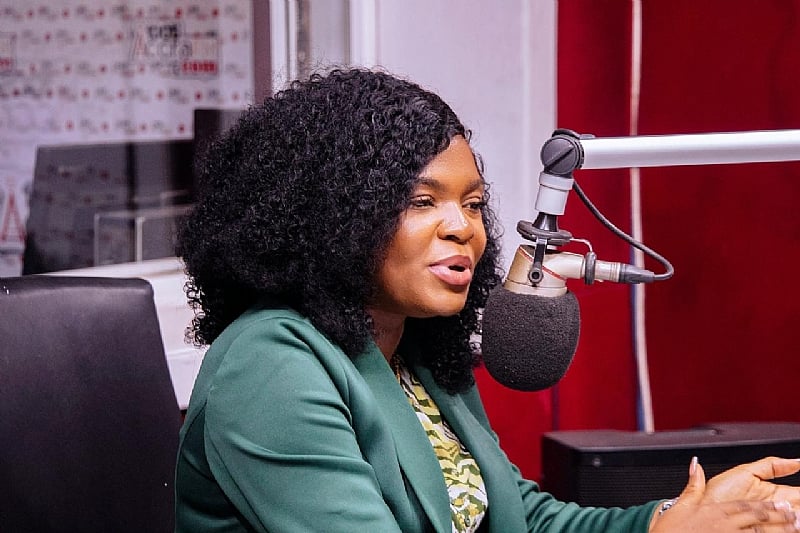Hon. Joycelyn Tetteh, the Member of Parliament for North Dayi Constituency, has provided a detailed account of the challenges she faced during her re-election campaign, specifically highlighting the deliberate sabotage she endured from the District Chief Executive (DCE) of her district, a member of the opposing New Patriotic Party (NPP). Her experience, she claims, reflects a broader trend of NPP-appointed MMDCEs (Metropolitan, Municipal, and District Chief Executives) undermining NDC (National Democratic Congress) MPs, creating an uneven playing field in their respective constituencies. This alleged sabotage manifested in various forms, creating significant obstacles for Ms. Tetteh in her efforts to serve her constituents and secure re-election.
Central to the allegations is the claim of politically motivated manipulation of government resources. Ms. Tetteh accuses the DCE of hoarding government-subsidized fertilizers intended for local farmers and subsequently using these resources for vote-buying purposes. This tactic, she argues, was part of a broader NPP strategy that lacked a substantive policy message and instead relied on leveraging access to essential agricultural inputs to sway voters. This alleged manipulation of resources not only deprived farmers of necessary support but also distorted the democratic process by introducing an element of undue influence.
Further hindering Ms. Tetteh’s work were deliberate obstructions placed in the path of her constituency projects. She recounts instances where the DCE allegedly stalled projects initiated by her office, even going so far as to avoid signing necessary cheques for project completion. This deliberate inaction, she argues, was a calculated attempt to undermine her credibility and effectiveness as a representative, thereby diminishing her standing in the eyes of her constituents. The resulting delays and disruptions not only hampered development within the constituency but also served to portray her as ineffective.
Ms. Tetteh attributes the DCE’s actions to the adversarial nature of Ghanaian politics. She points out that the DCE had previously contested against her in the 2020 general elections and lost. This personal rivalry, she suggests, fueled the DCE’s desire to create difficulties for her in the 2024 elections, ultimately aiming to prevent her re-election. This personal dimension, layered onto the existing political divide, created a highly charged and obstructive environment for Ms. Tetteh to navigate.
The North Dayi MP also suggests that the DCE’s actions stemmed from a fear of empowering her through the District Assembly Common Fund. The DCE, she alleges, was apprehensive about providing her with the necessary resources to successfully complete her projects, fearing that this would bolster her popularity and political standing within the constituency. This fear, coupled with the NPP government’s perceived unpopularity due to its performance, created a dynamic where the DCE actively worked against the interests of the constituency by obstructing development initiatives. This alleged obstruction forced Ms. Tetteh to seek alternative funding sources, primarily through NGOs, to realize her vision for the constituency.
Despite facing these significant challenges, Ms. Tetteh ultimately secured re-election, attributing her victory to hard work and dedication to her constituents. She emphasizes the enormity of the difficulties she faced, highlighting the deliberate efforts to undermine her work and influence the election outcome. Though she officially reported the DCE’s actions to the Local Government and Regional Minister, she claims no meaningful action was taken. This lack of response, she suggests, points to a systemic issue where those in power protect their own, creating an environment of impunity that allows such obstructive behavior to continue unchecked. Despite the challenges, Ms. Tetteh remains committed to serving her constituents and expresses her willingness to contribute to the government in any capacity deemed fit by the President. Her experience underscores the complex and often challenging dynamics of local politics in Ghana, where personal rivalries and partisan agendas can significantly impact the delivery of services and the democratic process itself. Her willingness to speak out about these challenges highlights the need for greater accountability and transparency within the political system.














